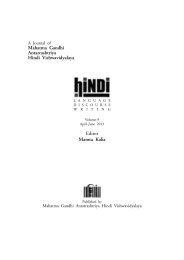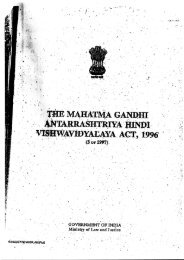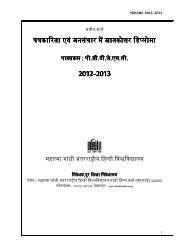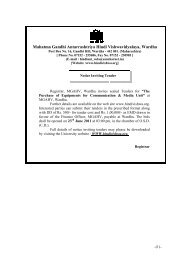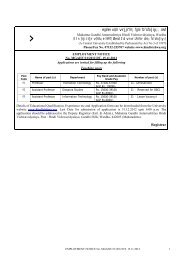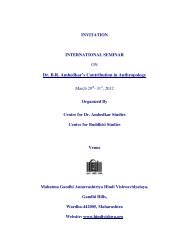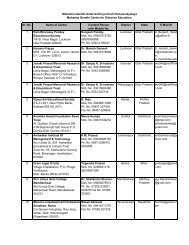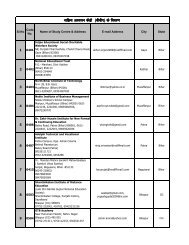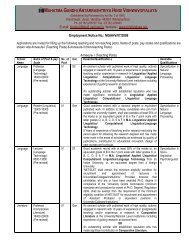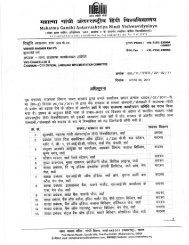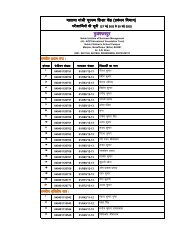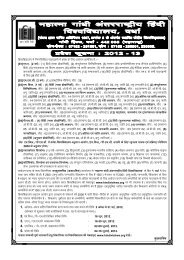Mamta Kalia
Mamta Kalia
Mamta Kalia
Create successful ePaper yourself
Turn your PDF publications into a flip-book with our unique Google optimized e-Paper software.
In this new situation, Uttarakhand’s<br />
enterprising and talented persons,<br />
because of lack of encouragement, capital<br />
and training could not have a share in<br />
the new emerging economic processes<br />
in the region and it was mostly the people<br />
from outside who became dominant<br />
within the new economy. At the same<br />
time, with the expansion of transport<br />
facilities in Uttarakhand it became very<br />
easy to take out its physical and human<br />
resources which gave rise to the feeling<br />
among the discontented people that their<br />
region had been reduced to a hinterland<br />
of the country’s affluent classes and<br />
regions, a kind of inner colony in popular<br />
perception. This sentiment got a fillip<br />
when there was a large scale drain of<br />
the educational talent from Uttarakhand.<br />
With opportunities for gainful<br />
employment, the young and the adults<br />
both educated and illiterate, from the<br />
toiling castes and communities began<br />
rushing to towns leaving their children<br />
and women to face the rigours of life<br />
without any security or protection<br />
whatsoever.<br />
If we ponder deeply over this entire<br />
process we will find that despite its short<br />
time span of four or five decades it<br />
had brought about such basic changes<br />
as had not been effected over several<br />
centuries and which had totally<br />
transformed Uttarakhand’s traditional<br />
pattern. It was such an economic and<br />
social earthquake that it had totally<br />
destroyed the old and, cutting the people<br />
away from their roots, had left them<br />
42 :: April-June 2010<br />
in a vacuum to face the buffeting winds.<br />
The human cost of these changes cannot<br />
be measured from statistics.<br />
While this process of change had its<br />
negative implications it also had the<br />
potential of immense possibilities for<br />
reconstruction and reinvigoration of this<br />
region. How is it that the former came<br />
to have the upper hand and not the<br />
latter? It is in this imbalance and<br />
distortion that the anger and discontent<br />
which have enveloped Uttarakhand and<br />
which certain aggressive elements are<br />
taking into the wrong direction of<br />
confrontation between localism and<br />
nationalism, have their basic source. If<br />
this confrontation has yet not taken a<br />
violent from which has been witnessed<br />
in some other parts of the country, the<br />
credit is due to the national movement<br />
and its legacy which had always adopted<br />
the path of reconciliation between<br />
nationalism and localism and had always<br />
respected the expression of a healthy<br />
localism. However, the process of nationbuilding<br />
and development in the last<br />
few decades has failed to give shape<br />
to “an Uttarakhand of our dreams”. Not<br />
only that, this process, instead of<br />
narrowing the gulf between the ideals<br />
and the reality, has been widening it<br />
further. The growing tension between<br />
localism and nationalism (i.e., the nation<br />
state) clearly shows that howsoever<br />
liberal and pro-people be the intentions<br />
of the nation-state, the consequences<br />
of some of its policies and practices<br />
and (lack of relevant policy) have been



